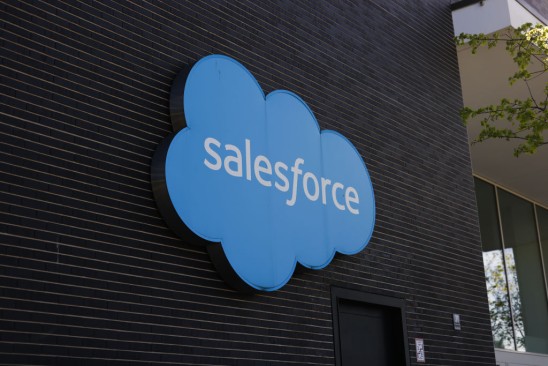First, the bad news for Salesforce:
Last week, Bret Taylor stepped down as co-CEO of Salesforce after 18 months on the job.
Yesterday, Slack CEO Stewart Butterfield said he’s leaving; 2 years after the acquisition.
While Taylor and Butterfield are the highest-profile exits, they are not the only ones.
Along with Butterfield, Slack is losing product chief Tamar Yehoshua and Jonathan Prince, senior vice president in charge of marketing, brand and communications,
Mark Nelson, president and CEO of Salesforce’s Tableau product, has recently left.
Gavin Patterson, Saleforce’s president and strategy chief, will be leaving in January.
Salesforce shares have dropped 47% this year and are trading at their lowest since the start of the pandemic.
Also, Salesforce’s billings have reached a low point.
Stock is lowest since March 2020. It has had two if its three worst trading days of the year since Thursday.
On the other hand, the company still has an amazing great customer base.
For example, none of our clients that use Salesforce are planning to move to a different platform.
What do you think is next in store for Salesforce?
#salesforce #strategy #leadership #crisismanagement #crisisleadership

